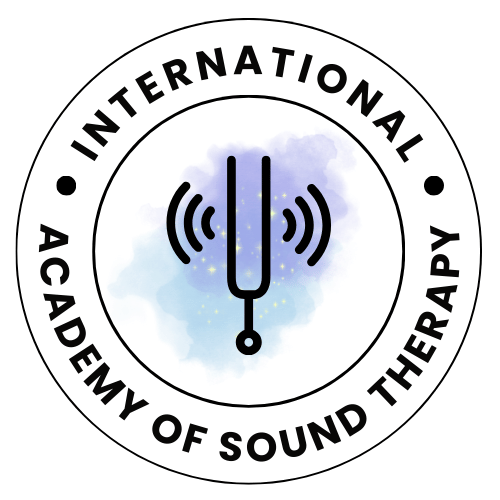This question was asked in a discussion of sound bath practitioners recently. I am glad it was asked because it’s a very important question every sound bath professional should know the answer. But it’s not always that straight forward, and requires an understanding of your legal obligations as a sound bath professional, so I’ve written this short blog article to help explain.
Technically anyone who is self-employed, in no matter what industry “should” be insured for public liability, regardless of their occupation. Some industries have more risk than others. But who do you think is giving this advice? Insurance companies (and their agents) of course!
Because this advice is now so widely given, professional accreditation bodies require their members to be insured as a condition of membership, so that professional liability doesn’t fall back on the accreditation body, of course. So if you are self-employed in any area of holistic health including as a sound bath professional and you wish to become accredited with a professional accreditation body, you must be insured.
There are some professional roles where this is not the case. For example when I was an architectural building designer and draftsperson designing houses for over 12 years, when I decided to become self employed I was advised by several people that I had to be insured for public liability. Do you know how much that would have cost me? Three grand each year and that was over 20 years ago!
But thankfully I found the right mentor to advise me, a good friend and experienced architect of over 30+ years. Who gave me the best advice along with a legal disclaimer to include on all my architectural drawings. This legal disclaimer completely obliterated any need for me to be insured. Just by including the correct wording on all the architectural drawings I produced, my liability risk along with my need for liability insurance, was reduced to zero..
That’s how easy it was – and it’s just as easy for sound bath professionals to reduce their liability risk with the correct words in all public advertising of their sound bath events, and here’s how it’s done.
By advertising sound bath as a meditation, and treating sound bath as a meditation in both your intention and approach – you will vastly reduce your liability to virtually zero. You will do this by keeping everyone safe with the knowledge that the goal of a sound bath is to induce deep rest and relaxation to allow the natural self-healing to occur which usually happnes during good quality sleep, and that sound bath is perfectly safe for healthy people of all ages.
If you advertise sound bath as a meditation (because it is) the liability risk is vastly reduced. I have ran all of this past my insurance company who completely agreed – and who also said it was great to hear from someone who has this much common sense and foresight to reduce their liability.
Although your risk is vastly reduced, it is not reduced to zero – so I don’t ever recommend avoiding insurance if you are working in any area of holistic health, including as a sound bath professional.
For the sound bath professional who believes providing unfounded health warnings in their sound bath advertising is a good idea “just to cover yourself” – cover yourself from what? All you need to do to “cover yourself” is advertise the sound bath as a meditation, because that’s what it is.
I’d much rather protect myself against a member of the public developing false and unfounded fears about the safety of a sound bath. You don’t ever see an orchestra giving health warnings to the public about their concerts.
There are some common sense points of consideration for sound bath professionals to know about, which can be found in this article, but this information is for practitioner use only and should not be included on your advertising.
I hope this makes sense and that this blog article has been of some help to you.
Yogi Sharon Q.
Director of Training & Development and Founder
Irish Academy of Sound Therapy
![]()

